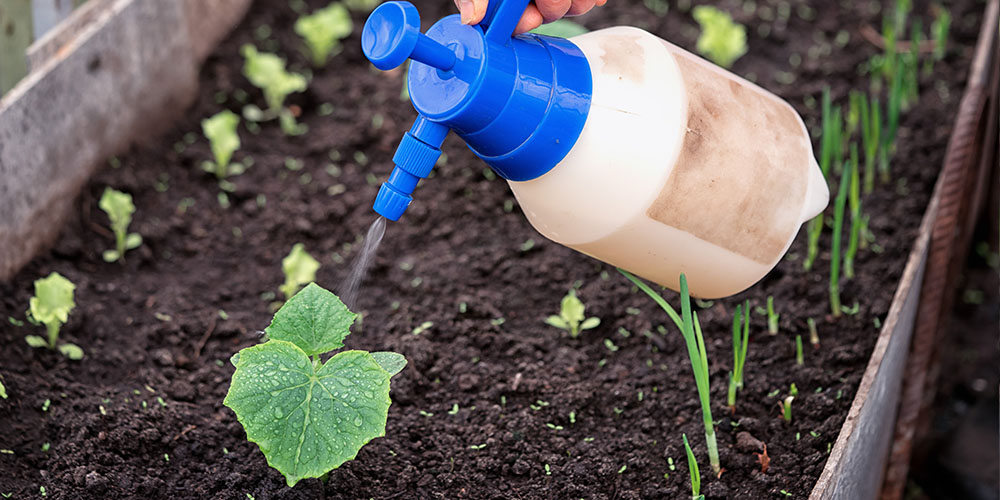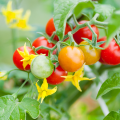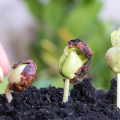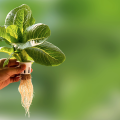Plants require more than just sunlight and water to survive. Their soil quality must contain a mixture of certain nutrients in order to support growth, flowering and fruiting. What nutrients do plants need to grow? Explore the molecular world of essential plant nutrients right now.
1. Phosphorus
Phosphorus is one of the most important plant nutrients because it’s involved in several processes. Plants are able to use the sunlight for photosynthesis because of phosphorus, for instance. This nutrient is also necessary for cellular formation, root growth and resistance to environmental stressors. It’s usually found in its phosphate form where it can be taken up at the molecular level.
2. Metals
Iron, copper, nickel and other metals are critical for plant life too. They’re also referred to as micronutrients. Plants absorb them as ions at the soil level. They aid in enzymatic processes, which influence metabolism, photosynthesis and other growth actions. Excessive amounts of metals will negatively impact the plant, but they can’t do without them either. A healthy garden will have enough metals to keep the plants thriving.
3. Carbon, Hydrogen and Oxygen
What nutrients do plants need? They depend on a mixture of carbon, hydrogen and oxygen. Water supplies the hydrogen and oxygen while the surrounding soil offers the carbon component. Plants use these nutrients to build structures and synthesize molecules for energy purposes. Both oxygen and carbon, in the form of carbon dioxide, exchange between the plants and air so that respiration occurs with vigorous growth.
4. Calcium
Calcium is one element that’s just as crucial to plants as it is for humans. Calcium supports cell walls in plants, which is comparable to bone density in people. Many gardeners turn to soil amendments, such as calcium products, in order to offer extra calcium to needy plants.
5. Nitrogen
Plants use nitrogen to support leaf growth. In fact, this element is critical to chlorophyll development, which creates the green hue on most plants. Without chlorophyll, a plant couldn’t photosynthesis.
The surrounding air can supply nitrogen to the soil, but gardeners might assist in this process with additives placed directly into the ground. Some areas can have a limited supply of nitrogen, which will impede most growth and fruiting in many plants.
6. Potassium
Nutrient uptake in plants must include potassium. It helps the plant with water retention, which allows it to remain strong through a hot day. Without potassium, the plant might wither and lose excess amounts of moisture.
Potassium also plays a role in fruit production. It regulates starches or sugars so that any enzymatic reactions are wholly controlled. Fruits might be larger and sweeter with ample potassium in the soil.
Soils purchased at home-improvement stores will usually have the proper amount of soil nutrients for your garden. In fact, many soils are sold for specific plants. Look over the soils available to you and speak to a professional when necessary. Those macro and micronutrients do make a difference in your garden’s growth over time.




